Most people today can’t afford an extra carton of eggs or enough gas to get to work, let alone write a check to pay off their mortgage or buy a homestead. That doesn’t mean you are without options if forced from your home because of larger economic trends.
Possible Scenarios Now and in the Near Future
As you evaluate your current living situation, it is vital to understand what uncontrollable economic factors may result in you being forced to leave your home. Consider a situation where you have always met your rent, property tax, or mortgage payment obligations within reason and are in good standing. Let’s also say you have a job, retirement income, or some other reliable income, even in these times.
Is One of These Your Current Shelter Situation?
- You Have a Mortgage
Because of risks estimated to be caused by climate change, many insurance companies are refusing to cover properties. If you have a mortgage, you could find yourself without coverage and unable to obtain a new policy at an affordable cost. Even if you have a fixed-rate, low-interest mortgage, there may be a significant increase in the premium cost if the bank assigns an expensive insurance carrier or forces you to carry a costly bond that impacts your escrow.
- You Rent
Your landlord may have a mortgage, and the insurance carrier for the property may refuse to cover it for another term or force the building owner to carry an expensive bond. In this situation, it is possible that property buyers won’t be interested in the land because they know they can’t get affordable insurance. The end result is you and others in your building will be evicted. It may be the landlord that does it, the bank after foreclosure, or the city if the property is listed as abandoned by the previous owner.
- You Own Your Home Free and Clear
Even if you own your land free and clear, towns and city planners always want to increase the tax base and promote growth. This means attracting industry and people. Suppose your land is in an area earmarked for development. In that case, there is a chance your property tax will skyrocket no matter what the initial plans say.
An influx of people can increase crime rates and require increased and improved infrastructure for orderly operation. The money for all that has to come from somewhere. In this case, that means your property tax will most likely go up.
- Debt-Free Property
Even though it’s not a guarantee, the most important thing you can do is pay off your mortgage so that you control the level of insurance coverage. If you are in an urban area or see signs that there may be plans that will result in an increase in your taxes, now is the time to sell and look for a more rural place.
Where to Go: City vs. Rural
Rural areas may have fewer regulatory burdens, plus you will have land available for growing crops, raising animals, and addressing basic survival needs. In addition, during a major crisis, the cities are more likely to be targeted because more significant numbers of people can be affected with less effort.
For example, if you live in a small community surrounded by or in the mountains, it may be more difficult for military invaders or others to reach the area. In addition, the weather patterns may not shift as violently as in lower-lying or coastal regions.
Forming and Keeping Partnerships
When forming a community of this type, it is important to make sure you have a legal and binding contract that ensures you have a right to be there along with others. The contract should also clearly define how each person will work within the community and establish other guidelines. You can look at gated and prepper communities for ideas about what to consider while forming the partnership.
Once these matters are ironed out, there is a better chance to succeed and prosper as a community. There will be more people to share the workload, making the work shifts shorter and less stressful. If your community comes under attack, there are more people to defend and drive the attackers away.
Living Without a Home
Even if you don’t have money, that doesn’t mean you don’t have or can’t develop valuable skills that would help any community you discover. Family members and friends who may have more money but fewer skills may be willing to partner with you once they understand the situation’s urgency.
If you cannot find friends or family to build a community with, then now is the time to hone vital skills. Given the way tax and insurance changes alone are going, it is entirely possible you will wind up homeless. This situation is made much worse by the SCOTUS decision that makes it easier for cities to imprison people or fine them for being homeless.
In this situation, it will be your:
- Usable Tangible Skills
It doesn’t matter if you have a degree or certificate in any specific area. If you have the experience and knowledge a group needs, they may be willing to give you shelter in exchange for your work in the community.
Know Where and How to Look for Shelter
One of the first things you must do is find possible places to live. As you look at rural areas, remember to check out the property lien and mortgage information to ensure you don’t wind up being forced to leave again because of large-scale economic situations beyond your control.
Right now, you can look online for rural communities and see what kind of skills each group is looking for. For example, you may find job listings or other information on sites dedicated to the community.
Focus
It can be a shock when you are thrown out of your home, even if you suspected it was coming. It is crucial to have a focus that enables you to move on to a new area from a position of being homeless.
Here are the most essential skills every community will be looking for after the crash happens:
- Food Production and Processing
- Building Structures
- Machine Repair Skills
- Electronics Repair Skills
- Advanced Medical and Nursing Skills
- Teaching and Child Management
- Communications and Morale
- Community Planning
- Community Defense
Bartering and Haggling: Essential Skills When Looking for a Home
These last few years have shown many people the consequences of changes in interest rates. During an economic crash, it will be even harder to afford debt, let alone secure credit cards, loans, and other debt instruments. On the other hand, the reduced value of your money may mean you have to abandon money as a medium of exchange.
No matter whether you are forced from your home or on the verge of it, knowing how to barter and haggle is very important. It can help you secure shelter in exchange for the use of your skills and labor. You can also use it in these times to secure various supplies at places that don’t always require money.
Money vs Other Assets
It is no secret that the value of the US dollar is sinking right along with the reputation of this country. Even though USD is still fairly competitive in the international markets, the growth of alternative trade venues such as BRICS and cryptocurrency spell disaster for USD as the global standard for exchange.
Devaluation, in this case, may not come through a mind-wrenching “bank holiday.” This is already happening due to inflation and a reduction in money availability. Therefore, it is essential to figure out what to do with your money so that you have something to trade later on.
Your best option is gold. After that, any precious metal will be worth more than paper. You may also want to see if you can store small items that can be bartered in a time of need. This could be anything from small electronic devices to toilet paper. It just depends on what things will be restricted as a result of trade embargos, strikes, or other problems in the supply line.
Changing from living in an urban setting to a rural one can be a difficult experience. At first, you might not fit in, even as you try to barter for shelter and other needs. If you are successful, rural communities are often like an extended family.
It is no secret that the economy is crashing, infrastructure is failing, and we are on the verge of a world war. When combined with regulations related to climate change, it is very possible you will find yourself without a home.
If you have some money now, getting rid of your debts and pairing up with others to form a rural community is the best thing you can do. Alternatively, if you have vital skills, now is the time to start looking for a place to go in time of need. This is also the time to develop new skills that will enable you to work and fit in wherever you go.

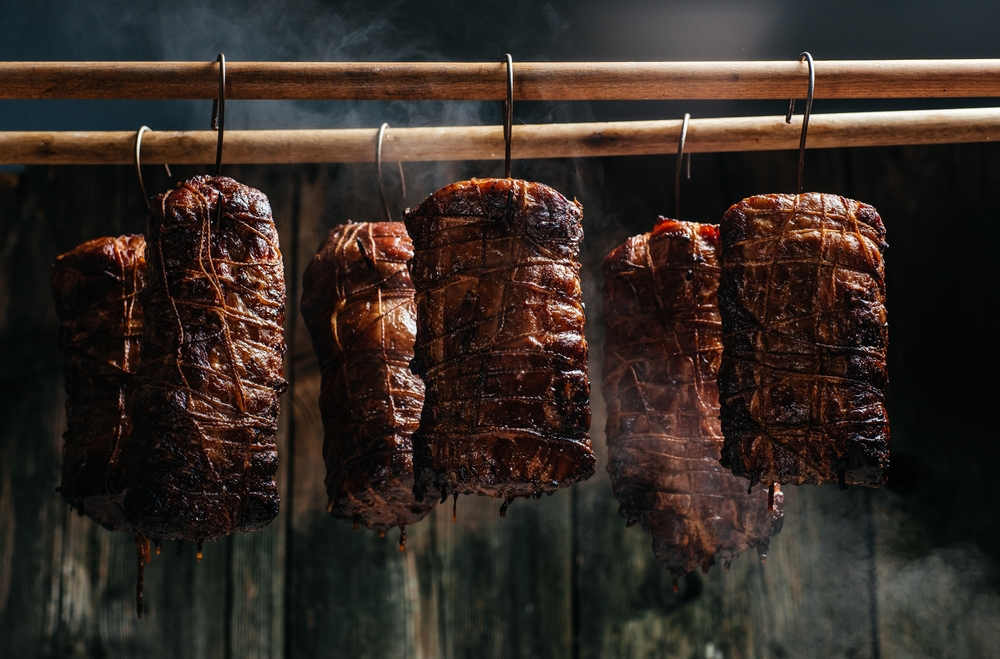
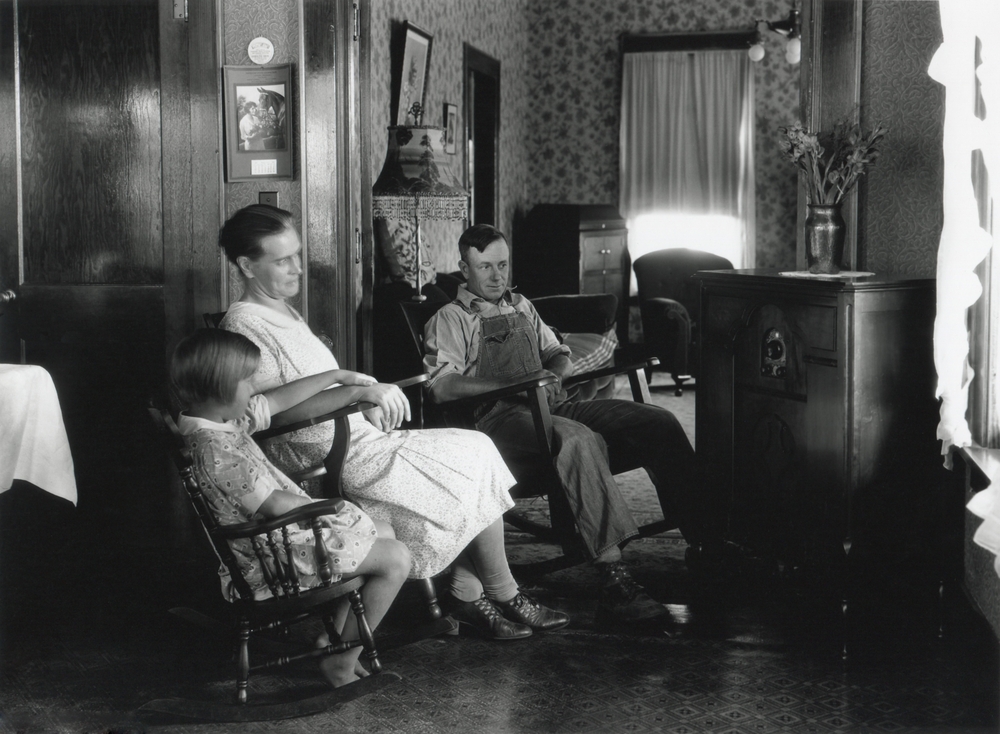
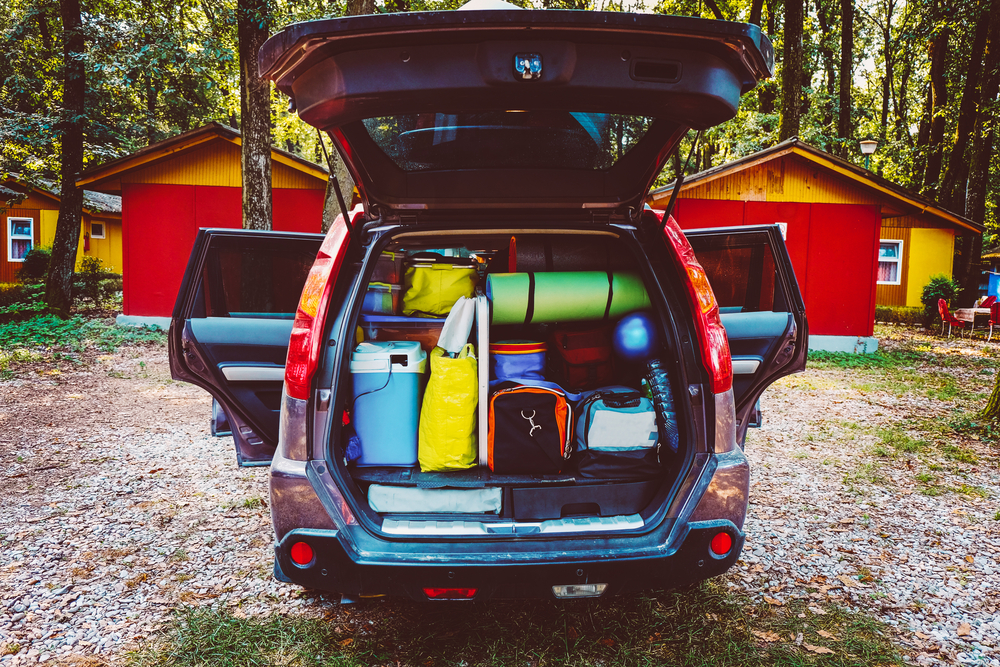
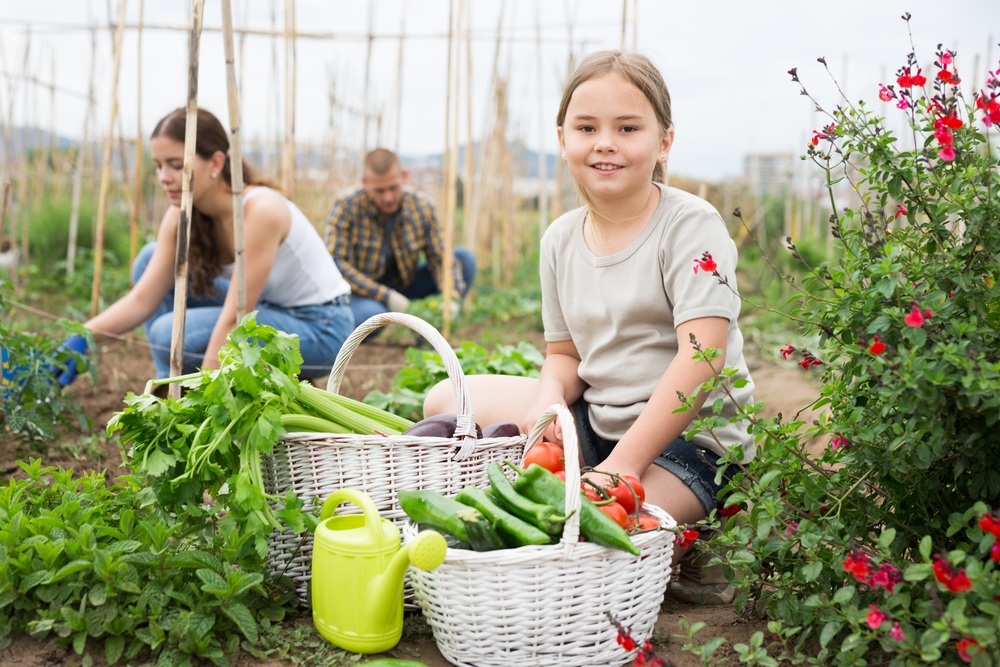

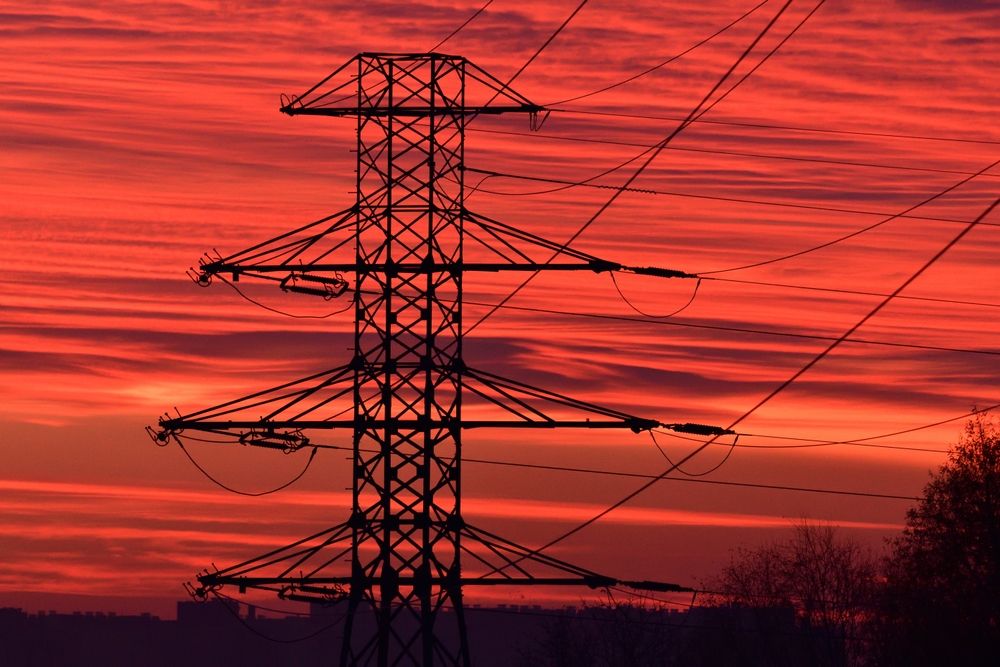
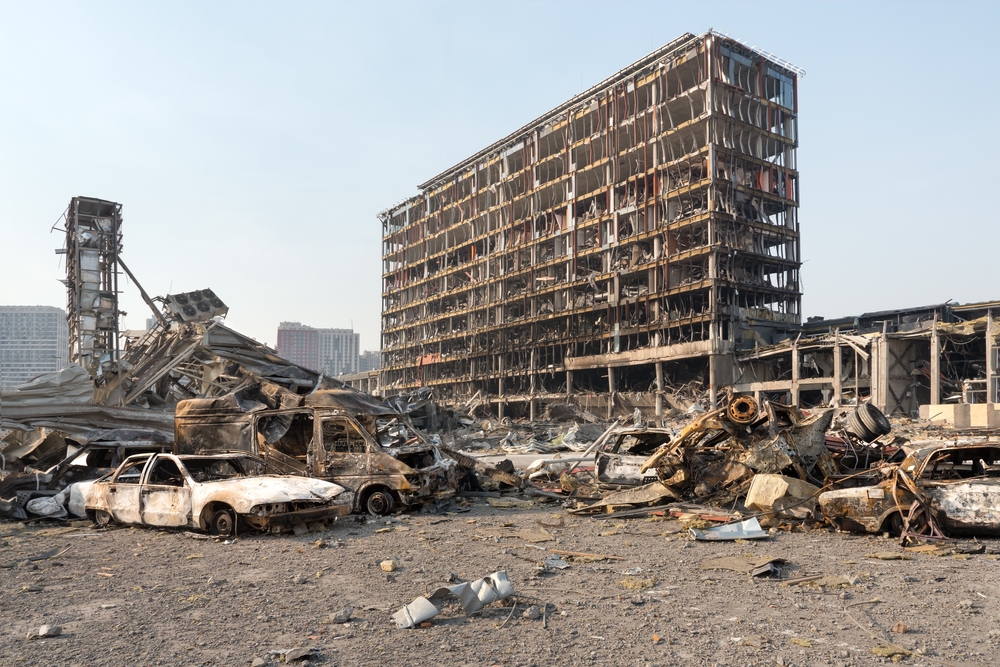

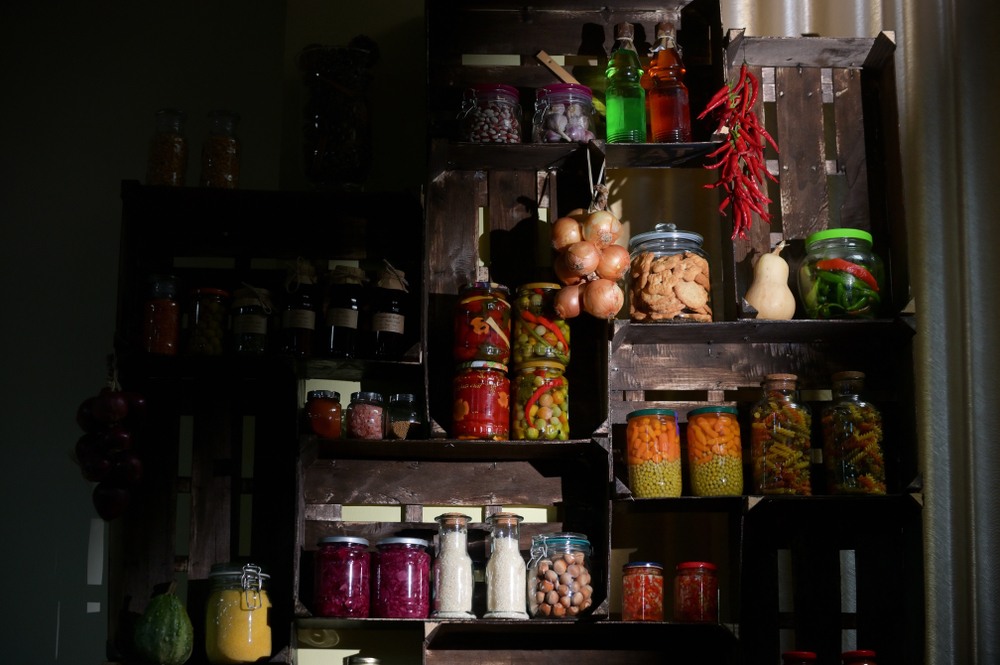










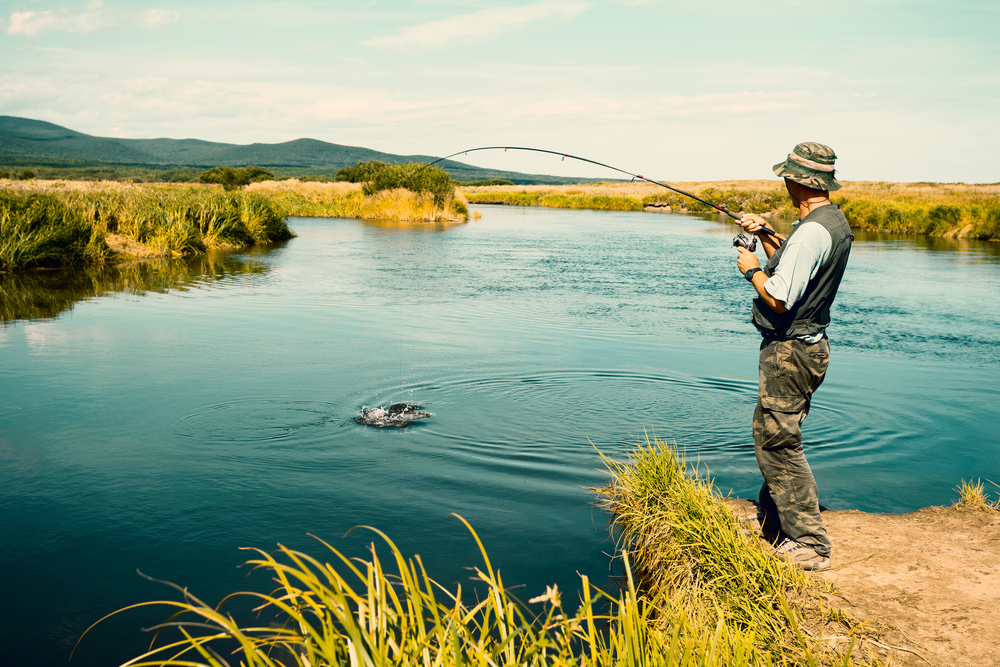


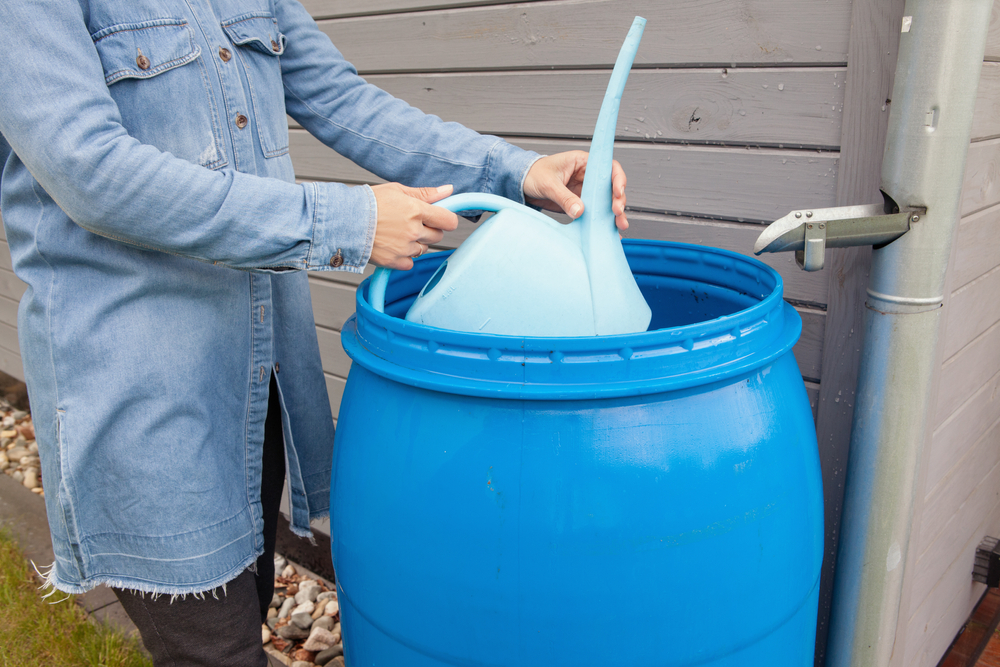
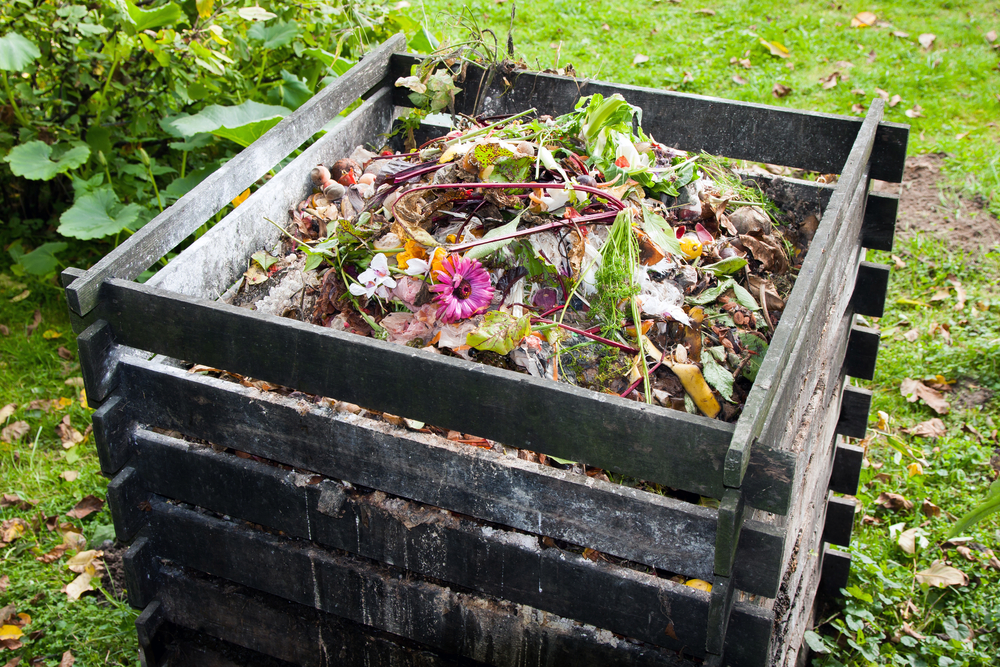
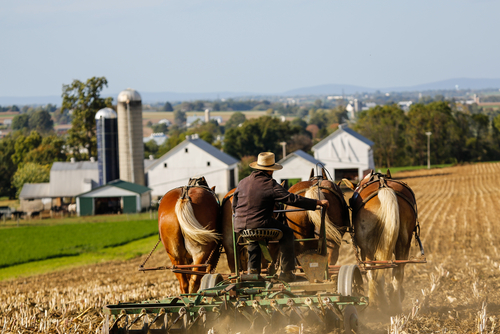
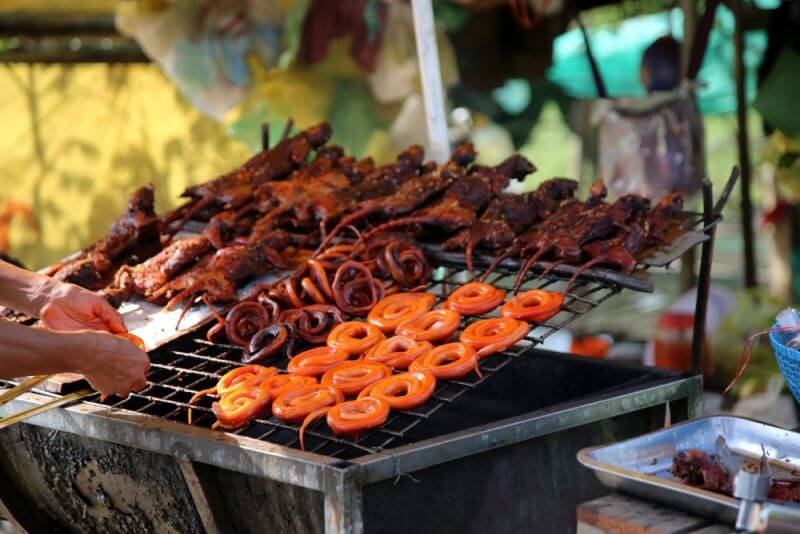




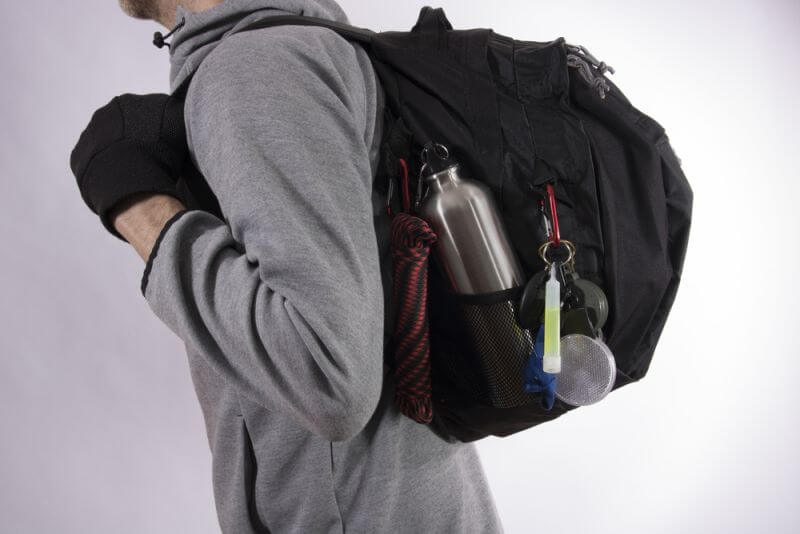




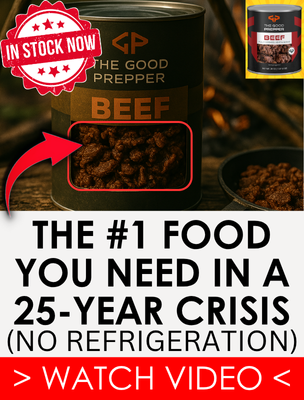
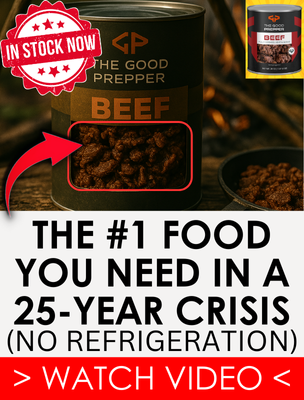




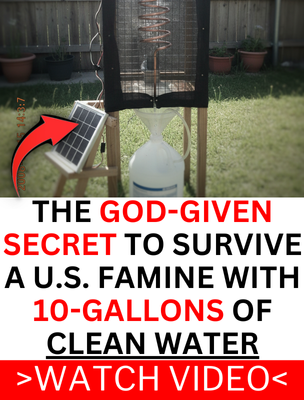



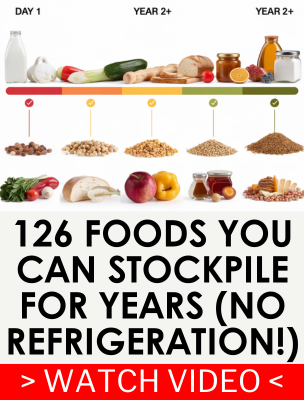
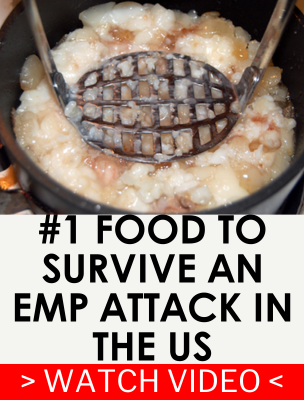
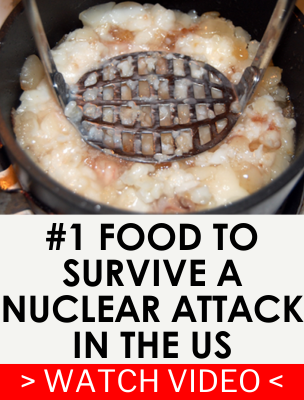
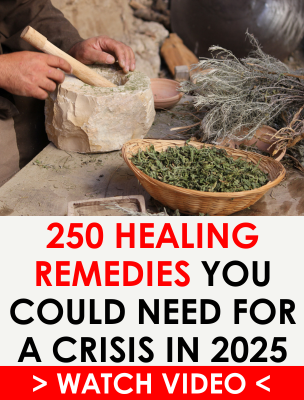
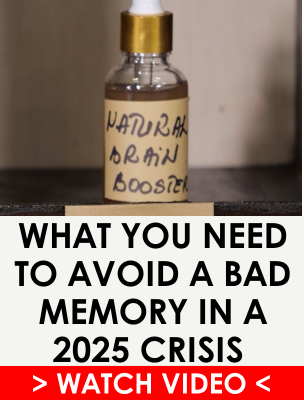




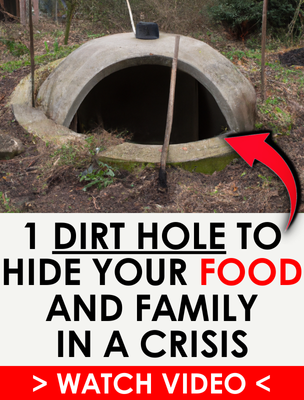
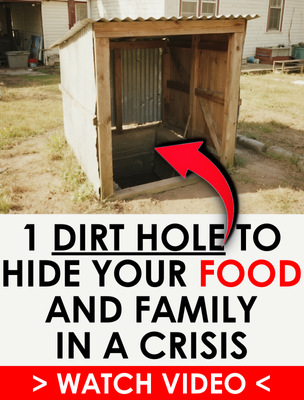
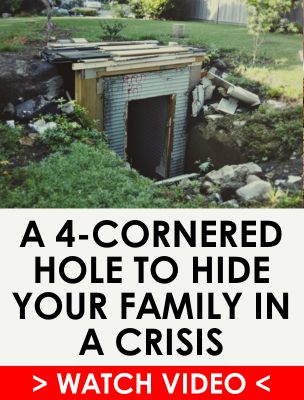

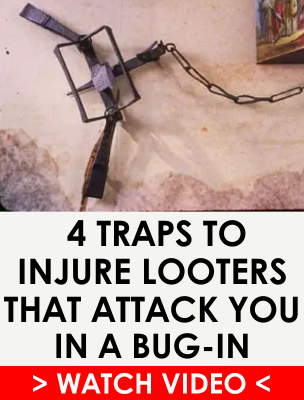
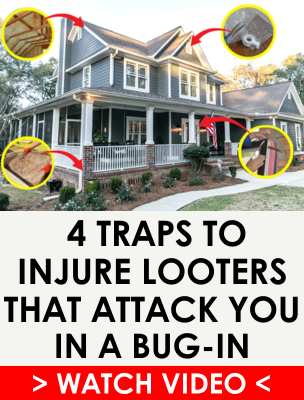







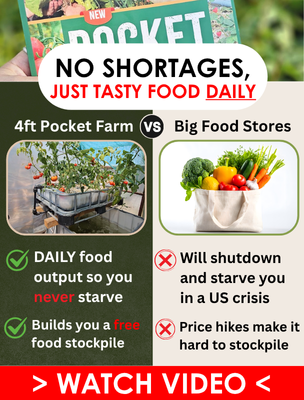


Great article, except for the climate change references. I see it as a leftist hoax to control freak us. Not a single dire prediction they have made has come true for the last like 30 years.